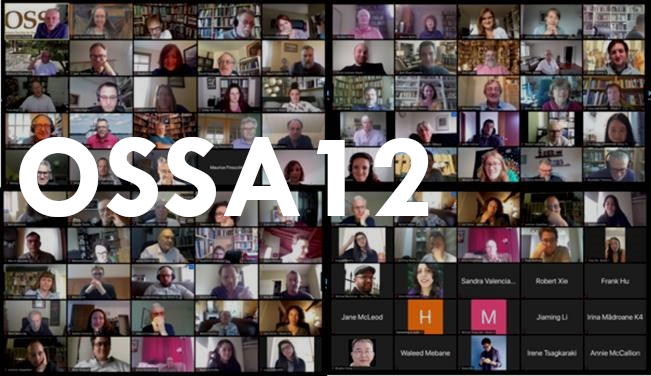Location
Room 3
Document Type
Paper
Keywords
critical thinking, education, informal logic, neuroscience, pedagogy, psychology, rhetoric
Start Date
3-6-2020 3:00 PM
End Date
3-6-2020 4:00 PM
Abstract
The development of critical thinking skills is emphasized as a fundamental attribute of successful graduates (Ritchhart & Perkins, 2005; Willingham, 2008). Some critical thinking textbooks inform students to “see beyond the rhetoric to the core idea being stated” (Moore and Parker, 2009, p. 21); however, other scholars have begun to suggest that rhetoric is intrinsically interrelated to critical thinking and plays a pivotal role in everyday interactions (Saki, 2016). This paper explores the later.
Reader's Reactions
Sharon Bailin, Comments on Developing Critical Thinking with Rhetorical Pedagogy by Elizabeth Ismail (June 2020)
Included in
Cognitive Psychology Commons, Higher Education Commons, Philosophy Commons, Rhetoric Commons
Developing Critical Thinking with Rhetorical Pedagogy
Room 3
The development of critical thinking skills is emphasized as a fundamental attribute of successful graduates (Ritchhart & Perkins, 2005; Willingham, 2008). Some critical thinking textbooks inform students to “see beyond the rhetoric to the core idea being stated” (Moore and Parker, 2009, p. 21); however, other scholars have begun to suggest that rhetoric is intrinsically interrelated to critical thinking and plays a pivotal role in everyday interactions (Saki, 2016). This paper explores the later.

